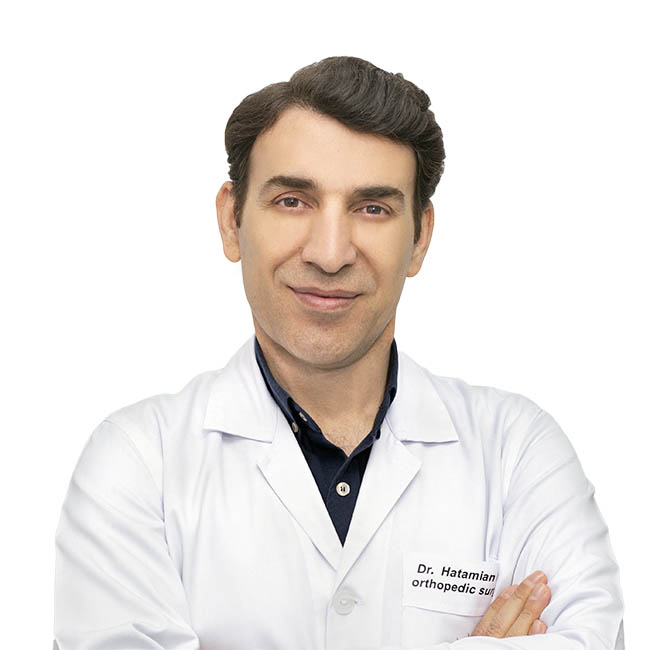Alcohol
Alcohol withdrawal is a collection of symptoms observed in individuals with alcohol addiction when they discontinue alcohol consumption. These symptoms can range from mild to life-threatening. Although alcohol withdrawal is more commonly seen in adults, it can also affect children and adolescents who are addicted to alcohol.
Alcohol has a suppressive effect on the central nervous system and disrupts specific brain functions by interfering with nerve cell communication. This disruption can result in coordination and judgment problems in individuals who consume excessive alcohol. As a person consumes more alcohol over time, the brain adapts to its effects, leading to the development of tolerance. As a result, the individual needs to continuously increase alcohol intake to experience the desired effects.
When an alcoholic abruptly stops drinking, their central nervous system undergoes a shock, and withdrawal symptoms manifest. Despite being aware of the harmful effects of alcohol, individuals may continue to drink to avoid experiencing these withdrawal symptoms.
The effects of alcohol withdrawal can vary among individuals. Some common symptoms include anxiety, confusion, fatigue, headache, increased heart rate, high blood pressure, insomnia, irritability, nausea, vomiting, shaking, and sweating.
Alcoholic delirium, also known as alcoholic insanity, is a severe form of alcohol withdrawal that can be life-threatening, often leading to seizures. Approximately one out of every 20 people who quit drinking may experience this condition, particularly those with severe alcohol addiction who have previously undergone alcohol withdrawal.
The symptoms of alcoholic insanity typically begin within two to three days after alcohol cessation. Seeking immediate help is essential if you or a loved one experiences the symptoms of this condition. The symptoms include emotional distress, fatigue, fever, delusions, hypersensitivity to sound, touch, and light, extreme restlessness or irritability, extreme confusion, seizures (usually within a day of the last drink), dangerous changes in blood pressure, heavy sweating, irregular heartbeat, and rapid mood swings.
Alcoholic insanity occurs due to an imbalance of neurotransmitters resulting from alcohol cessation. This leads to an overstimulated nervous system, causing the manifestation of alcoholic insanity. The fatal effects of this condition include excessive sedation, respiratory arrest, irregular heartbeat, and inhalation pneumonia.
The risk of experiencing alcoholic insanity increases in certain cases, such as being middle-aged or elderly, having a history of seizures during previous withdrawal episodes, having another mental illness, abnormal liver function, a strong desire to consume alcohol, prior experience of alcoholic insanity, prolonged alcohol addiction, daily consumption of large amounts of alcohol, and undergoing detoxification of other drugs in addition to alcohol.
Alcohol detoxification involves intentionally ceasing alcohol consumption to allow the body to adjust to the absence of alcohol. This process can be painful, uncomfortable, and dangerous due to the various withdrawal symptoms that individuals experience. Seeking professional help and undergoing detoxification in an addiction treatment center under medical supervision, such as Pars De-Addiction Clinic in Tehran, is crucial to ensuring a safe and less painful detoxification process.
Detoxification is the first step towards liberating oneself from addiction. The duration of alcohol withdrawal typically begins within six hours after discontinuing alcohol consumption and intensifies after two to three days. The withdrawal cycle generally lasts for about a week. Symptoms may include sweating, nausea, irritability, increased blood pressure, elevated heart rate, insomnia, and tremors during the first 12 hours of withdrawal.
Symptoms worsen between 24 to 48 hours, and severe cases may experience seizures and hallucinations characteristic of alcoholic insanity. Emotional distress and alcoholic insanity may continue during the third, fourth, and fifth days of withdrawal. It is not recommended to attempt quitting alcohol at home during this time; detoxification should be done under medical supervision and with addiction counseling.

